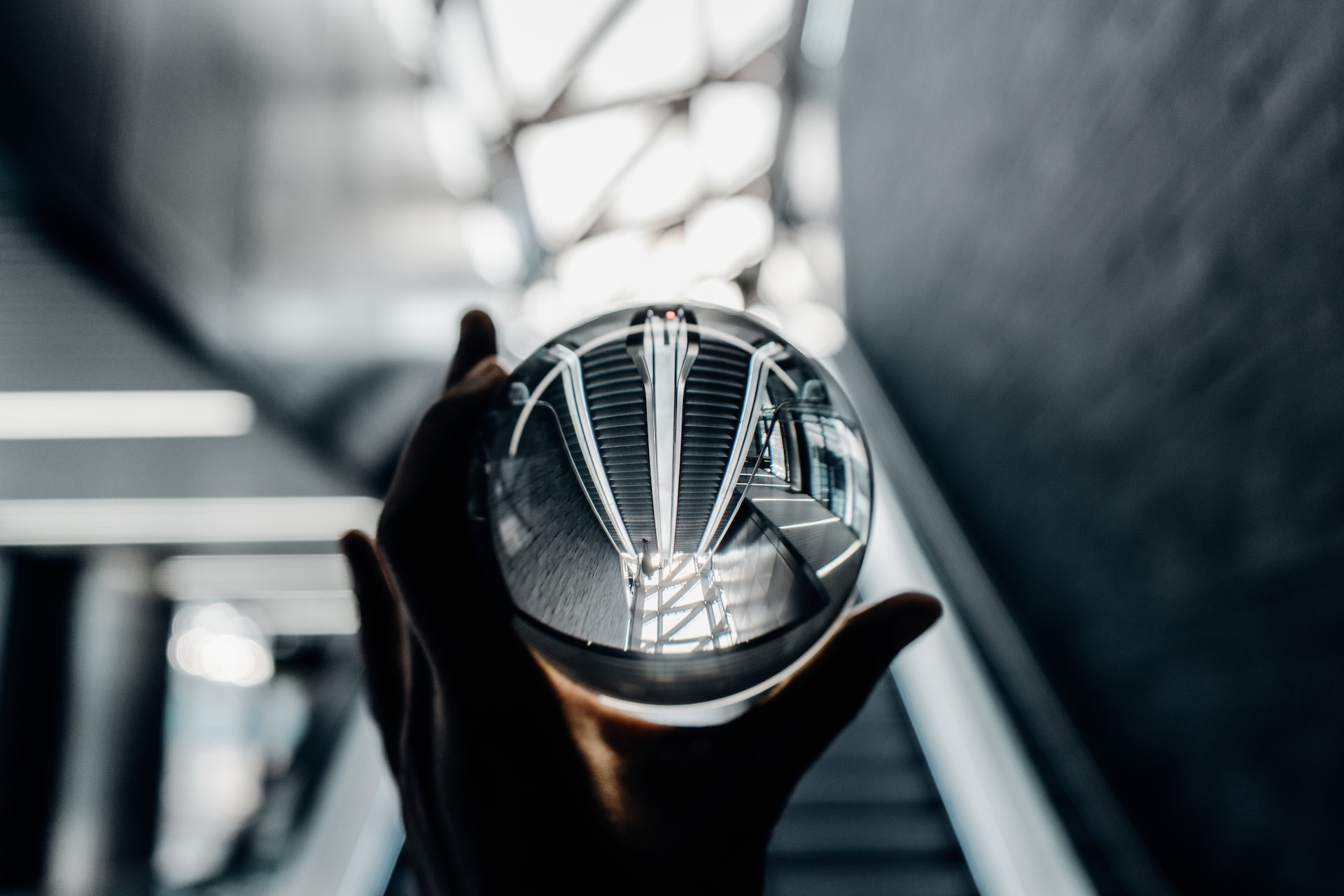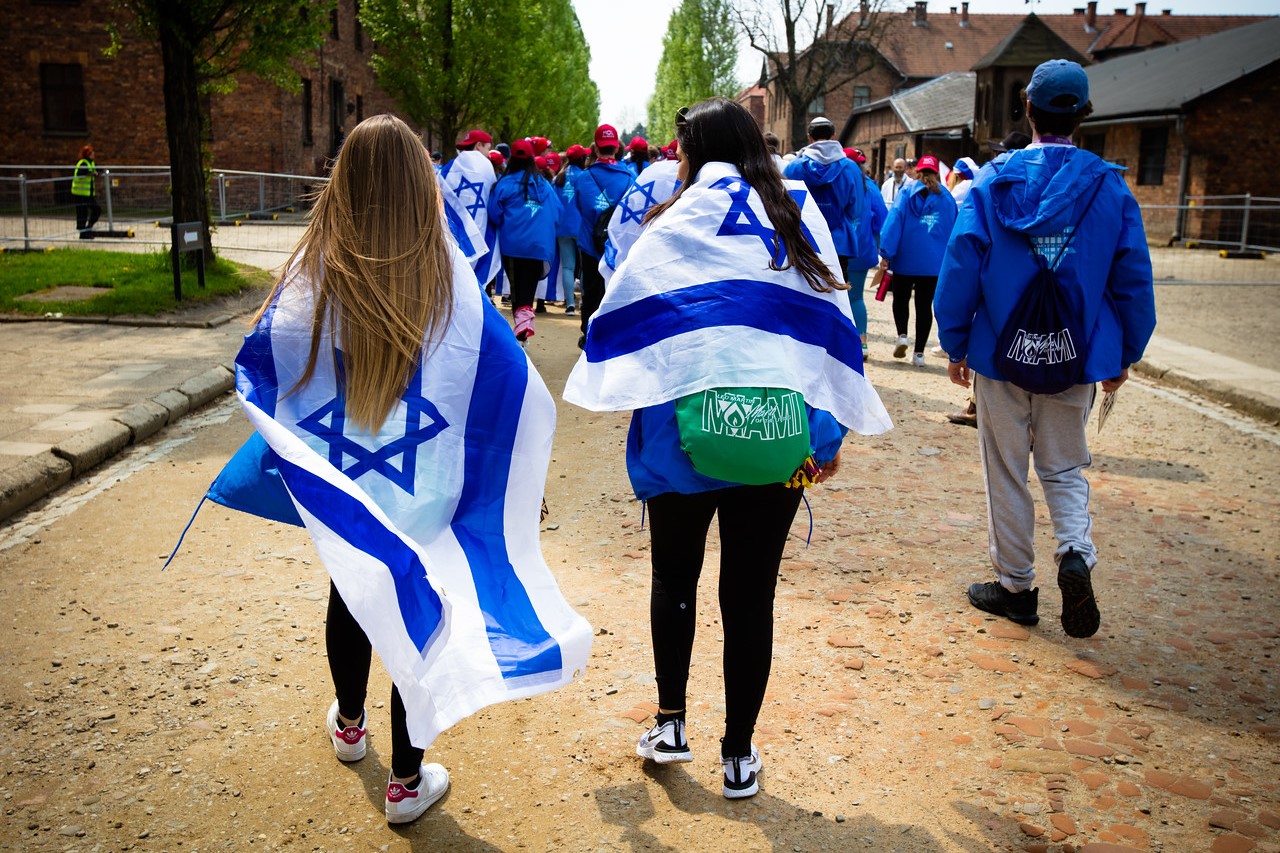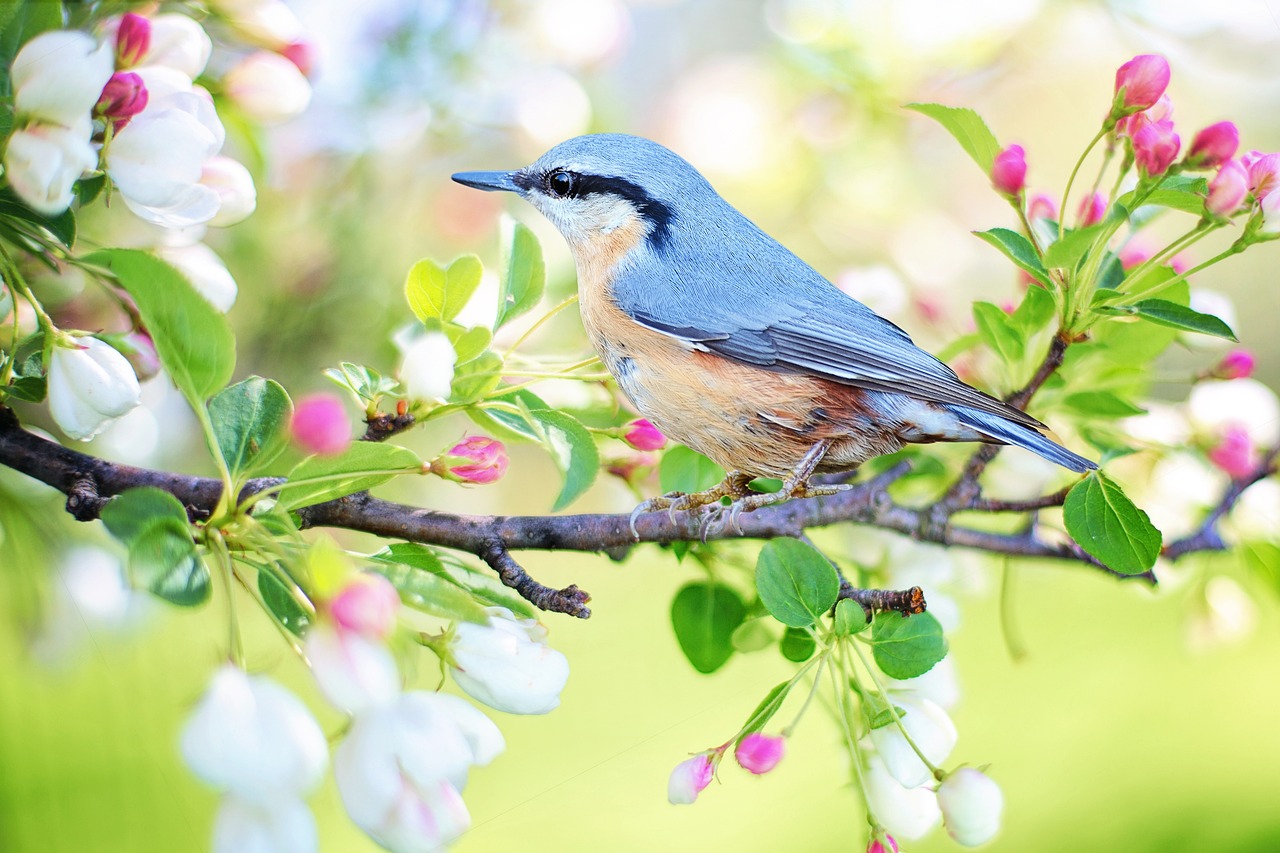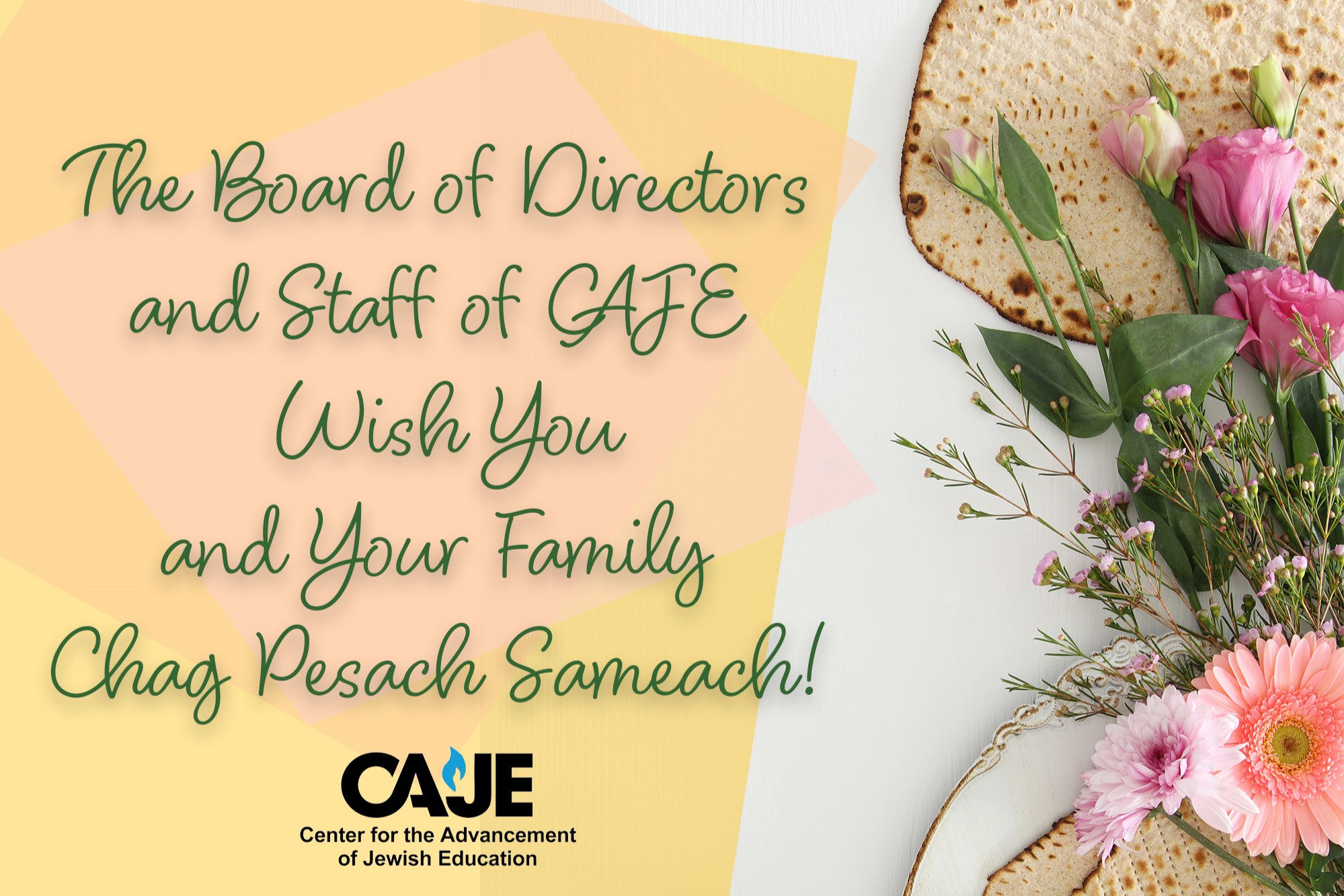Lifting Our Eyes Beyond the Pain

This Dvar Torah was written by Rebecca Minkus-Lieberman, Co-Founder of Orot and lightly edited for clarity.

Photo by Nigel Tadyanehondo on Unsplash
Opening Parshat Vayera, it is difficult to know where to look first.
The parsha is filled with so many well-known narratives: Avraham welcoming the three angelic ‘guests’ into his tent, Sarah laughing when finding out that she will give birth to a child, the destruction of Sodom and Gomorrah and Avraham’s negotiation with God, Lot and his family’s escape from Sodom, Sarah’s birth of Isaac, the interaction between Sarah, Avraham, and Hagar regarding their sons’ relationship, the story of the Akedah (binding of Isaac). And these are just snapshots of the stories in this parsha.
Your head and heart are pulled in so many directions as you read through the verses. And this is how I feel right now.
Following news headlines and evolving stories.
Watching videos and commentaries on social media.
Signing petitions and sending letters.
Gathering in person with friends and community members.
Trying to keep up and respond and function without collapsing from overwhelm and despair.
Wading through a torrent of challenging narratives and counter-narratives, emotions and experiences, the hatred and vitriol that keeps surfacing.
Each day is exhausting and heartbreaking in new ways, draining us of our capacity to feel, to know, to understand, to act.
When people ask me today how I am doing, I can only say: it’s almost too much.
So I come back to the parsha and I slow down.
Slow down.
I don’t try to take it all in.
I look at just the first verse. And then the second verse.
And I look for meaning and respite in the words.
And between the words.
וַיֵּרָ֤א אֵלָיו֙ יְהֹוָ֔ה בְּאֵלֹנֵ֖י מַמְרֵ֑א וְה֛וּא יֹשֵׁ֥ב פֶּֽתַח־הָאֹ֖הֶל כְּחֹ֥ם הַיּֽוֹם׃
G!D appeared to him by the terebinths (trees) of Mamre; he was sitting at the entrance of the tent as the day grew hot.
וַיִּשָּׂ֤א עֵינָיו֙ וַיַּ֔רְא וְהִנֵּה֙ שְׁלֹשָׁ֣ה אֲנָשִׁ֔ים נִצָּבִ֖ים עָלָ֑יו וַיַּ֗רְא וַיָּ֤רׇץ לִקְרָאתָם֙ מִפֶּ֣תַח הָאֹ֔הֶל
וַיִּשְׁתַּ֖חוּ אָֽרְצָה׃
Looking up, he saw three figures standing near him. Perceiving this, he ran from the entrance of the tent to greet them and bowed to the ground…
Vayeira. VaYisa Einav. VaYar. VaYar.
Four times in the first two verses, we find words for seeing.
To make visible. To lift up your eyes. To see. To perceive.
The verses are pointers. Helping us slow down and notice.
I could write a reflection on any one of these many provocative stories in Vayeira.
Reams of commentaries have been authored. But I won’t. Instead, I want to let these words sink in right now.
What are we seeing around us right now?
And what agency do we have about what we see, how we see, the ways in which we cultivate our spiritual capacity to see?
If we look around us right now, we see, on the surface, turbulence and mourning and rage and hatred and sorrow and helplessness and growing antisemitism. And that is all there.
Those are rolling along the surface of daily life right now. It can make our hearts physically ache.
And, while our eyes take in all of that pain, might we also train our eyes to see in other ways also?
To look bravely with hope, and not just fear.
To perceive slivers of light in the waves of darkness.
To scope out acts of chesed / compassion and connection, and lift our eyes and focus there.
This is not to fool ourselves, or distract ourselves from the ugliness that is around us.
It is simply to empower ourselves to see, spiritually, the other textures of life and light that are also there. Those that might be hidden on first glance.
We have been forced, since October 7th, to see our world differently. But we can also reclaim ownership of what we see and how we see.
Since October 7th, we Jews have become strangers in a strange land, just like Avraham and Sarah.
It feels so hard to find our footing or figure out a way forward. We are creating the road map day by day.
Here, I offer just a few markers along this uncertain path, ones which I find myself returning to again and again:
- La’Daat, L’Haveen, u’L’Harim Kol - Engage, Understand, and Educate - Events in the US and Israel are moving at a fast pace, and we have an obligation to stay updated on what is going on by turning to credible news sources, speaking up when we see or hear misinformation, and sending letters to our local and federal representatives and other community leaders when our voice is needed.
- L’hosheet Yad - Reach Out and Connect - We find nourishment and comfort through staying connected to our communities. They ground us and nurture us - our friends and family, our synagogue community, other Jewish institutions. Reach out to friends and loved ones, here and in Israel, to offer love and to ask what kind of support is needed. Find concrete ways to contribute - by donating funds, devoting time to grassroots campaigns, coordinating relief efforts.
- Limtzo Menucha v’Neshima – Find Times to Rest and Connect to Breath - There is so much swirling around us: so many news stories, posts, videos. It is very easy to feel inundated and overwhelmed with the sheer enormity of the pain right now. Find ways to create boundaries for yourself and establish times to step away from all of it to find some respite. Replenish your own inner reserves by turning to practices that can allow you to find ground during the turbulence: prayer, deep breathing, meditation, embodied practice, art, music, writing. In stressful times, these practices are essential.
- LaAsok B’Divrei Torah - Return to Torah - When we feel scared, uncertain, hopeless, or overwhelmed, we can return to what stands at the heart of who we are as Jews: Torah. The ancient, nurturing wisdom of our tradition can anchor us to a broader, more expansive story where we can connect to ourselves, connect to each other, connect to the Divine, and connect back to the values and teachings that bring us our greatest strength.
- Chesed, Emet, v’Rachamim - Lovingkindness, Truth, and Compassion - Although it feels like our world is on fire right now, this is exactly the moment when we have to reground ourselves in these central middot (qualities). We have to anchor ourselves in truth, and we have to recommit ourselves to lovingkindness and compassion, in spite of our pain. Because this is what defines us as a People and who we will remain.
- Chazak Ve’Ematz - Be Strong and Courageous - We must remind ourselves that we are a strong, resilient, and courageous People. We are a part of a proud and ancient lineage that stretches far behind us and far in front of us.
Am Yisrael Chai!
Shabbat Shalom




